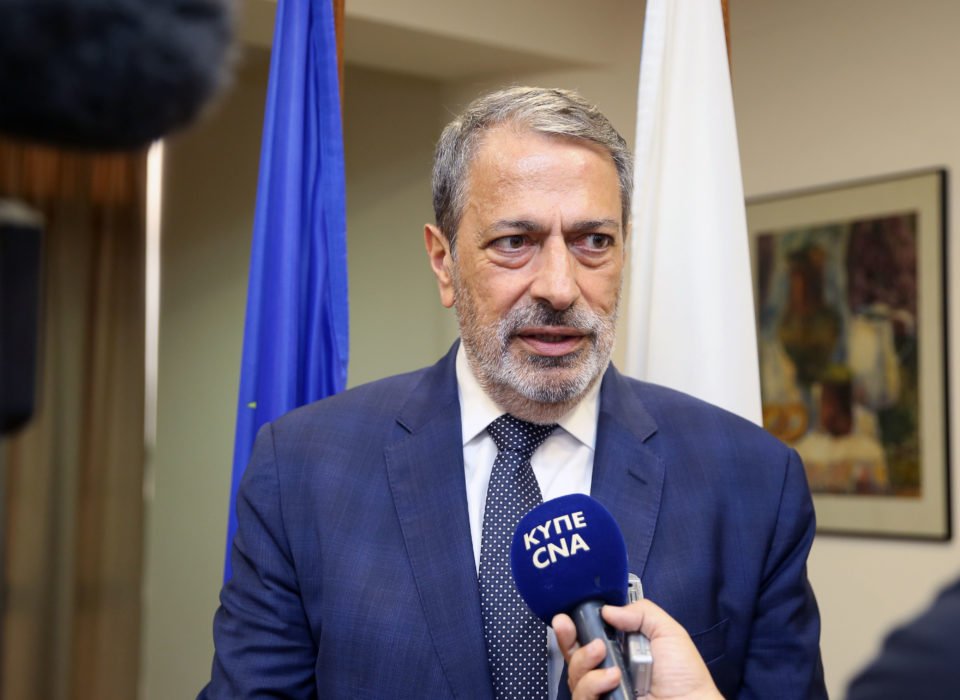The attorney-general is expected to make a decision regarding the fate of the 82-year-old grandfather who was jailed on Wednesday for shooting a cable thief.
The man was sentenced to two and a half years behind bars on Wednesday, but President Nikos Christodoulides issued instructions to the legal service on Thursday to issue him a pardon.
However, the intricacies of the Republic of Cyprus’ constitution mean the final decision regarding a pardon cannot be taken unanimously by the President but must be done in tandem with the legal service, and with the agreement thereof.
The fourth annex of Article 53 of the constitution states that the President or the Vice President can “remit, suspend, or commute any sentenced passed by a court in the Republic.”
However, it stipulates that this can only be done “on the unanimous recommendation of the attorney-general and the deputy attorney-general.”
With the realities of the Cyprus problem meaning there is no Vice President, and the President having made his opinion clear, the 82-year-old’s fate now lies in the hands of Attorney-General George Savvides and his deputy Savvas Angelides.
While the decision is pending, the man remains incarcerated, but was reportedly taken to hospital on Friday morning after experiencing chest pain and a shortness of breath.
He had been jailed after having shot a 67-year-old man, who was attempting to steal electrical cables from his property, in the back.
The shooting had taken place in the Limassol village of Alassa last June. The 82-year-old exited his house during a power outage to check the main supply panel and took a hunting rifle and a cartridge with him for protection.
He then realised that someone else was on his property and winding an electric wire. He then approached the perpetrator and shouted at him, before firing a shot, which hit him in the back.
His lawyer Maria Neophytou had said on Thursday that the man had filed reports to police on four separate occasions regarding thefts and that he lived “in genuine fear” of thieves and trespassers on his property.
“He was scared. We are talking about an elderly gentleman with health problems who lives alone in an isolated area,” she said.
Asked about the man he shot, Neophytou said “he is fine. He had no lasting health problems. This was mentioned in court.”
She added that her client “did not intend to kill him. He just wanted to scare him.”
“How could they come to that conclusion? A man in his eighties with mobility issues who lives alone in an isolated area being robbed is not under threat? That he used unreasonable force in those circumstances?” she asked.
She added, “he acted in the moment and without prior planning,” and dismissed the idea that, as the court had concluded on Wednesday, releasing him could “send the wrong message to would-be offenders”.
“This was a unique set of circumstances. I do not see what other chain of events could lead to something like this happening.”







Click here to change your cookie preferences